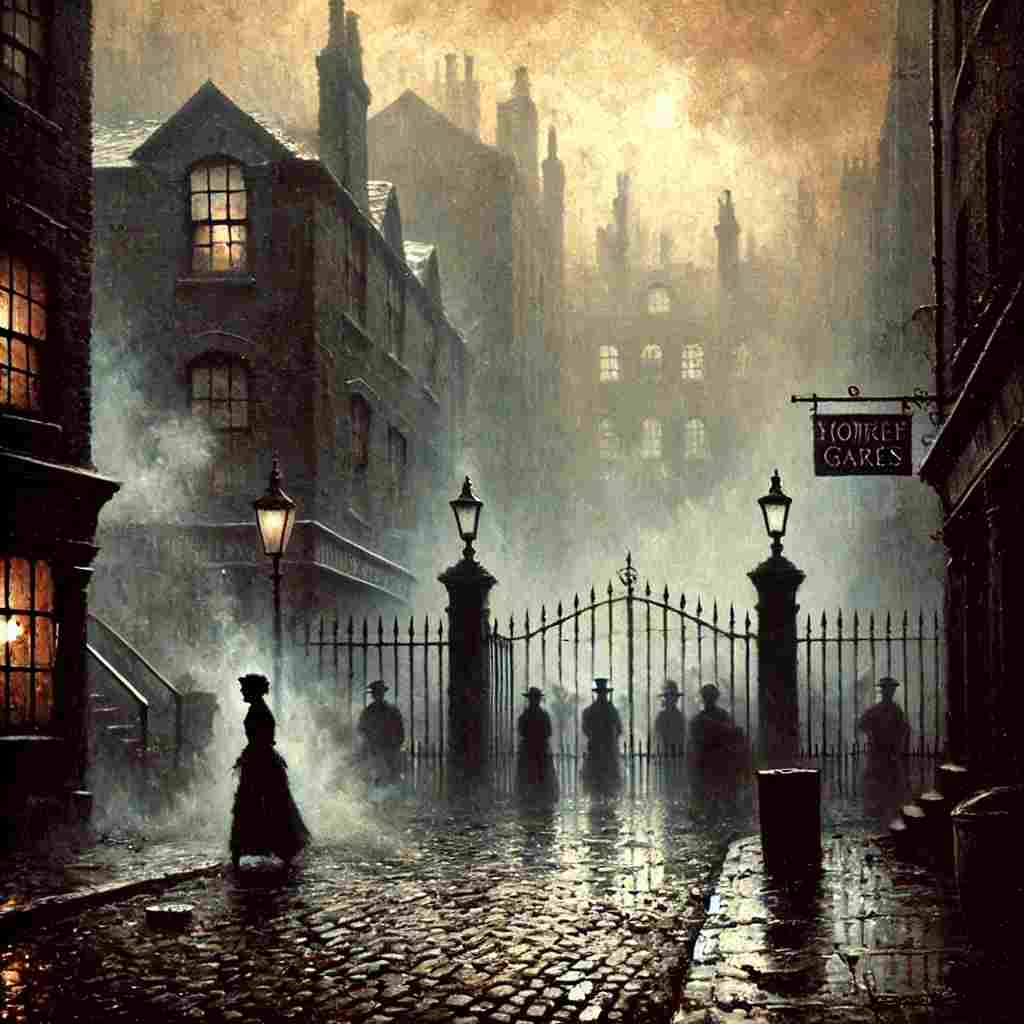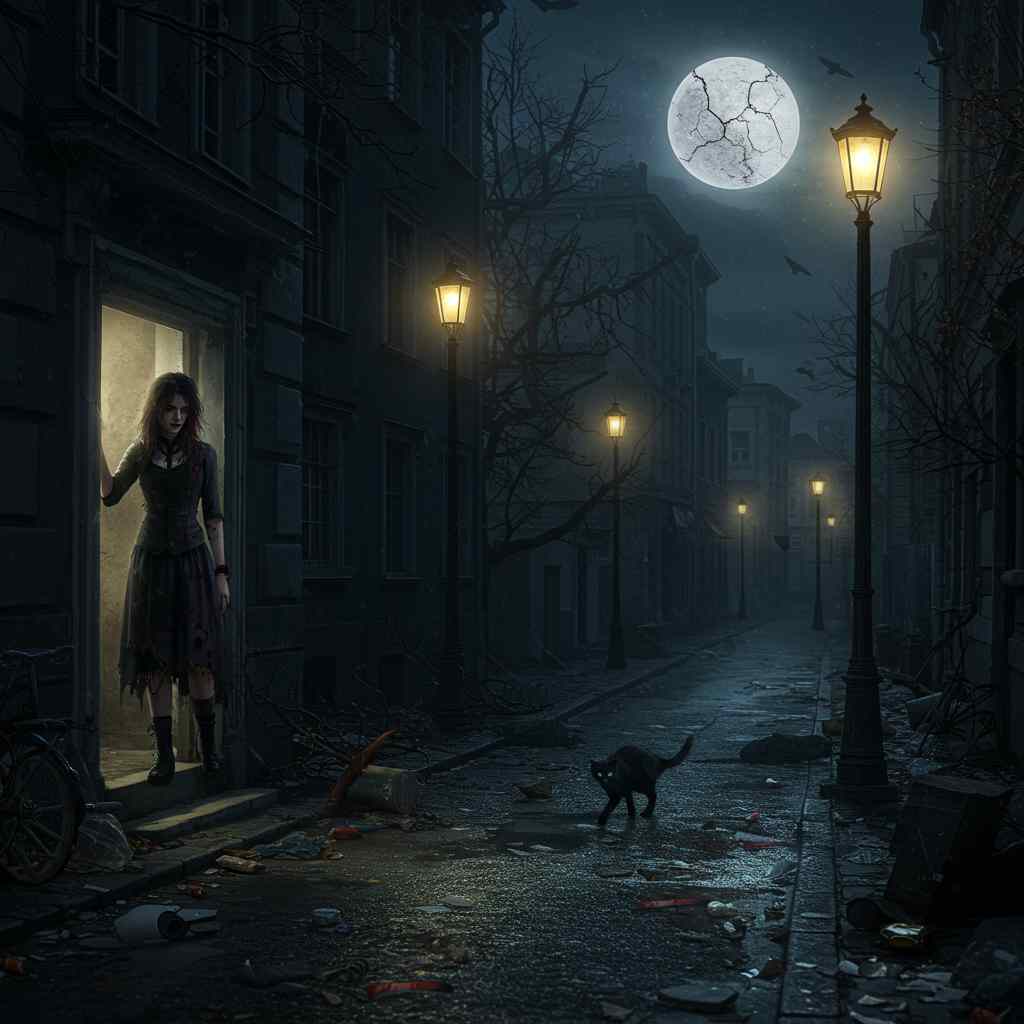3 Poems by T. S. Eliot
1888 - 1965
T. S. Eliot Biography
Thomas Stearns Eliot, widely known as T. S. Eliot, stands as one of the most influential and enigmatic figures in 20th-century literature. Born on September 26, 1888, in St. Louis, Missouri, Eliot's life and work would come to embody the intellectual and cultural complexities of modernism, leaving an indelible mark on poetry, criticism, and drama.
Eliot's early years were shaped by a privileged upbringing in a prominent St. Louis family. His father, Henry Ware Eliot, was a successful businessman and president of the Hydraulic-Press Brick Company, while his mother, Charlotte Champe Stearns, was a teacher and amateur poet. This cultured environment nurtured young Thomas's intellectual curiosity and love for literature from an early age.
Eliot's formal education began at Smith Academy in St. Louis, followed by a year at Milton Academy in Massachusetts. In 1906, he entered Harvard University, where he would spend the next five years immersed in a rigorous study of literature, philosophy, and languages. It was during this time that Eliot's poetic sensibilities began to take shape, influenced by his exposure to French Symbolist poets like Charles Baudelaire and Jules Laforgue, as well as the philosophical works of F. H. Bradley.
After completing his bachelor's degree in 1909, Eliot continued his studies at Harvard, earning his master's degree in English literature in 1910. His academic pursuits then took him to Paris, where he spent a crucial year studying at the Sorbonne. This sojourn in France deeply impacted Eliot's artistic development, exposing him to the avant-garde movements of the time and further cementing his appreciation for French literature and culture.
Returning to Harvard in 1911, Eliot embarked on doctoral studies in philosophy, focusing on the work of F. H. Bradley. However, the outbreak of World War I in 1914 disrupted his plans to complete his dissertation at Merton College, Oxford. Instead, Eliot found himself settling in London, where he would spend the majority of his adult life and establish himself as a central figure in the city's literary circles.
Eliot's early years in London were marked by financial struggle and personal upheaval. In 1915, he married Vivienne Haigh-Wood, a union that would prove tumultuous and deeply influential on his work. The same year, Eliot began working as a schoolteacher and later as a bank clerk at Lloyds Bank, jobs that provided financial stability but left him creatively frustrated.
Despite these challenges, Eliot's poetic output during this period was remarkable. In 1915, he published "The Love Song of J. Alfred Prufrock" in Poetry magazine, a work that would come to be seen as a masterpiece of modernist poetry. This was followed in 1920 by his first collection, "Prufrock and Other Observations," which established Eliot as a rising star in the literary world.
Eliot's most famous and influential work, "The Waste Land," was published in 1922. This complex, fragmented poem, with its intricate web of literary allusions and shifting perspectives, captured the disillusionment and cultural fragmentation of the post-World War I era. The poem's innovative structure and dense symbolism revolutionized modern poetry and solidified Eliot's reputation as a literary pioneer.
Throughout the 1920s and 1930s, Eliot continued to produce groundbreaking poetry while also establishing himself as a formidable literary critic. His essays on topics ranging from Elizabethan dramatists to metaphysical poets helped shape the canon of English literature and introduced influential concepts such as the "objective correlative" and the "dissociation of sensibility."
Eliot's conversion to Anglicanism in 1927 marked a significant turning point in his life and work. His subsequent poetry, including "Ash Wednesday" (1930) and "Four Quartets" (1943), reflected a deepening spiritual engagement and a move towards more meditative, philosophical themes. "Four Quartets," in particular, is often considered Eliot's crowning achievement, blending complex philosophical ideas with lyrical beauty and personal reflection.
In addition to his poetry and criticism, Eliot made significant contributions to drama. His verse plays, including "Murder in the Cathedral" (1935) and "The Cocktail Party" (1949), sought to revive poetic drama for modern audiences, blending contemporary themes with classical forms.
Eliot's personal life remained complicated throughout much of his career. His marriage to Vivienne was strained by her mental health issues and his own emotional reticence. They separated in 1933, and Vivienne was eventually committed to a mental hospital, where she died in 1947. Eliot's second marriage, to his long-time secretary Valerie Fletcher in 1957, brought him happiness in his later years.
Throughout his life, Eliot received numerous honors for his contributions to literature, including the Nobel Prize in Literature in 1948. He continued to write and lecture until his death on January 4, 1965, in London.
T. S. Eliot's legacy extends far beyond his individual works. His poetry, with its innovative techniques and profound engagement with the complexities of modern life, reshaped the landscape of 20th-century literature. His critical writings established new paradigms for literary analysis and interpretation. Perhaps most importantly, Eliot's work continues to challenge and inspire readers and writers alike, inviting new interpretations and sparking ongoing debates about the nature of poetry, tradition, and modernity.
In the end, T. S. Eliot remains a figure of paradox and complexity – an American who became quintessentially British, a modernist who championed tradition, a poet of profound spiritual conviction who gave voice to modern doubt and alienation. His life and work continue to fascinate scholars and readers, offering a rich tapestry of intellectual and artistic achievement that remains central to our understanding of 20th-century literature and culture.
This text was generated by AI and is for reference only. Learn more
Username Information
No username is open
Unique usernames are free to use, but donations are always appreciated.
Quick Links
© 2024-2025 R.I.Chalmers (V2Melody).

All music on this site by R.I.Chalmers (V2Melody) is licensed under a Creative Commons Attribution-NonCommercial 4.0 International License.
Attribution Requirement:
When using this music, you must give appropriate credit by including the following statement (or equivalent) wherever the music is used or credited:
“Music by R.I.Chalmers (V2Melody) – https://v2melody.com”
Support My Work:
If you enjoy this music and would like to support future creations, donations are always welcome but never required.
Donate



